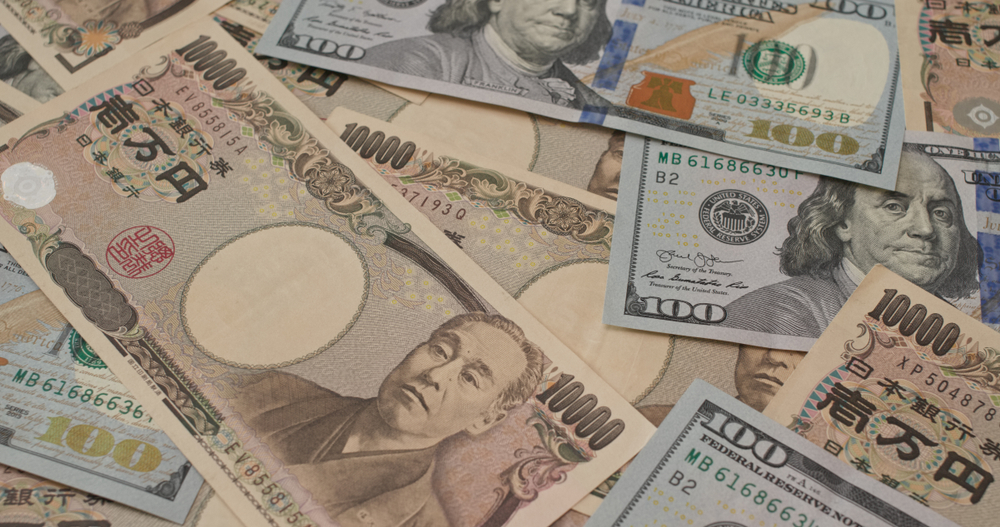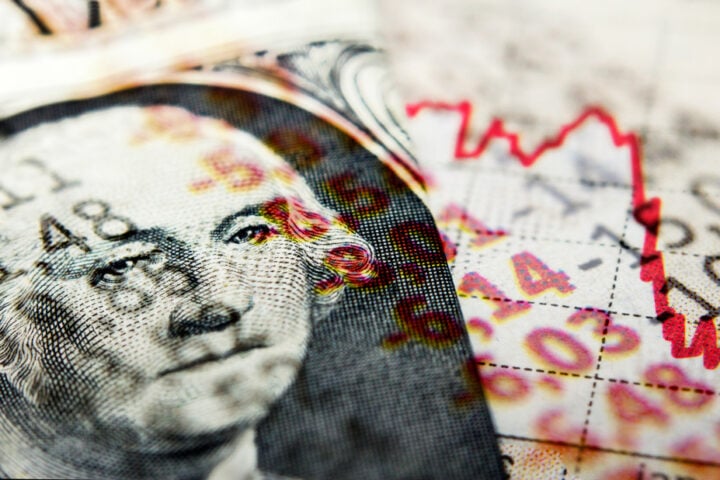The Japanese yen continues to hover near three-month lows against the U.S. dollar, trading at 151.68 on Friday after hitting 153.18 late Wednesday. Although the Federal Reserve has begun lowering rates and the Bank of Japan has moved to raise them, narrowing the rate differential, the yen remains under pressure against the dollar.
Why the Yen is Still Depreciating Despite a Narrowing Rate Differential
Traditionally, differences in interest rates between the U.S. and Japan have kept the yen weaker against the dollar, as Japan maintained negative rates for roughly eight years. However, with the Fed lowering rates and the Bank of Japan raising them, the rate differential has become less extreme. Yet, the yen remains the “lowest-yielding G10 currency by far,” says Alvin Tan, head of Asia FX strategy at RBC Capital Markets. Holding the yen in a currency pair remains costly due to its low interest rate relative to other major currencies like the dollar or euro.
“The annualized 1-month deposit rate for yen is +0.03%, while it is 4.76% for the U.S. dollar. That is why the yen can’t strengthen consistently despite the Fed (or ECB) cutting rates,” Tan explained. “The rate differential against the yen is still too large for many investors to consider holding it long-term.”
Impact of U.S. Election Speculation and Economic Data on the Yen
Market volatility surrounding the yen has also been influenced by shifting political and economic factors. Homin Lee, senior macro strategist at Lombard Odier, attributes recent fluctuations to investor speculation around former President Donald Trump’s potential return to office, solid economic growth indicators in the U.S., and concerns over the upcoming election in Japan. Lee cautions that “continued volatile trading in the currency pair might not be avoidable in the very near-term” as both the U.S. and Japanese elections draw closer.
Should the yen experience further depreciation, Japanese authorities could potentially intervene, particularly as public dissatisfaction grows over the yen’s persistent weakness. “Voters are still unhappy with the extreme cheapness of the currency,” Lee noted.
The Yen’s Role as a Safe Haven Currency and Its Relation to Global Risk Sentiment
Another factor influencing the yen’s weakness is global risk sentiment. Traditionally, the yen is viewed as a safe-haven currency, appreciating during periods of market volatility as investors seek stability. Tan at RBC believes that “the yen benefits when global market volatility spikes because it is the top safe haven currency.” Yet, with rising U.S. yields and recent declines in equities, the yen has depreciated as risk-off sentiment has intensified.
Hugh Chung, chief investment advisory officer at Endowus, points out that the yen typically weakens against the dollar when U.S. yields rise amid falling equities. This dynamic was reflected in Wednesday’s trading when the yen depreciated over 1% as U.S. yields climbed and stocks faced downward pressure.
As of Friday, the yen remains near its lowest levels in months against the dollar. The mix of a still-wide interest rate differential, global risk sentiment, and political uncertainties suggests that the yen may continue to face headwinds in the near term. While any further weakening could prompt Japanese authorities to intervene, investors remain cautious as they weigh the potential impacts of economic shifts and upcoming elections on the currency.







